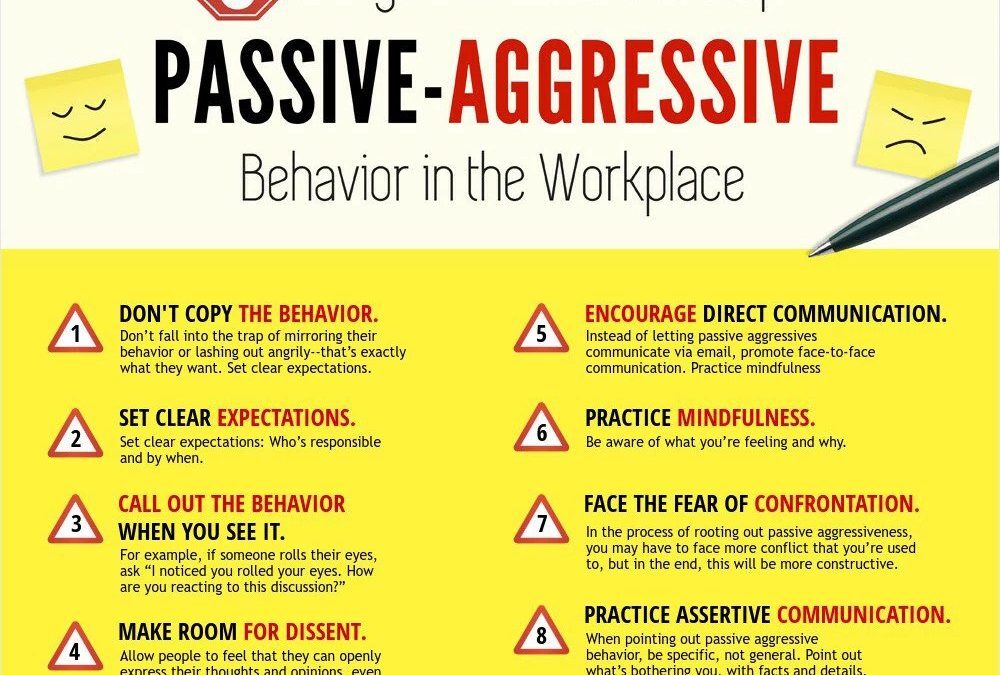
Medical Recruitment Agency Responds to The AHPRA’s New Direction
A recent news story in the Australian newspaper reported on the salary offers of several allied health recruitment agencies. As the paper highlighted the importance of better working conditions for healthcare staff, it also reported on the generous salary packages offered by some agencies. The benefits of allied health recruitment agencies were highlighted not only as an opportunity to secure higher salaries but also as a way of ensuring better working conditions for their healthcare professionals.
Medical Recruitment Agency
Gateway Synergy Recruitment and is based in Sydney, Australia. Its website boasts of its team of recruitment specialists who specialise in working with allied health professionals and that offer recruitment services nation wide. It is one of the leading employment agencies in Australia, having handled the recruitment of hundreds of healthcare professionals in the past. Furthermore, this recruitment agency has an exceedingly high percentage of placements across the country, especially in metropolitan cities such as Sydney, Perth and Brisbane. They stress the importance of ensuring better working conditions for their healthcare professionals.
Occupational Health Specialist
Gateway Synergy Recruitment’s occupational health specialist said that the company provided better working conditions for its allied healthcare professionals, which included doctors, nurses and other professionals. They went on to say that the company ensured that its workers were always provided with a ‘comfortable and satisfying working environment’ and went on to emphasise the need to ensure better working conditions for all healthcare professionals, regardless of the specialty they specialised in. GSR states that this will help in preventing the premature deaths of many people due to work-related stress. Further, they support the improvement of working conditions for all medical professionals.
Improved Working Conditions
The Australian Health Council Senior Director of Health Services said that any improvement in the working conditions for health professionals is always welcomed by the Australian Health Practitioner’s Association or AHPRA. They went on to state that the AHPRA looks forward to working with any independent body that can contribute to improved healthcare for all. However, he advised that any improvement in working conditions should only come about after careful consultation and discussions with all parties concerned. They went on to state that any independent organisation that wanted to become involved in improving healthcare conditions for all health practitioners should be able to meet these conditions. They further stated that any independent organization that wished to become involved in improving conditions for all healthcare practitioners should consult the AHPRA for information on how to become an AHPRA accredited member.
Membership Review
A third organisation, the Australian Health Recruitment Agency, welcomes any independent organisation that wishes to improve healthcare conditions for all. Its spokesperson said that it was disappointing that the AHPRA had been forced into a situation where it had to withdraw its support from the Australian Health Practitioner’s Association due to its inability to come to an agreement on renewing the membership of its members. However, they went on to state that the AHPRA was still committed to working with all health care professionals, including doctors. In addition, they welcomed any independent organisation that wished to work with the AHPRA to improve working conditions for all healthcare practitioners.
Independent Organisations
Gateway Synergy Recruitment has been involved in assisting health professionals to improve their working conditions since its inception. In fact, the agency is now one of the major players in the health care industry and is recognised as one of the leading agencies in the country, in terms of both clientele and output. The recruitment agency welcomes any independent organisation that wishes to work with them to improve working conditions for all health practitioners. However, it is expected that any independent organisation that wished to become involved in improving healthcare conditions for all health practitioners should consult the AHPRA for guidelines on becoming an AHPRA member.





Recent Comments